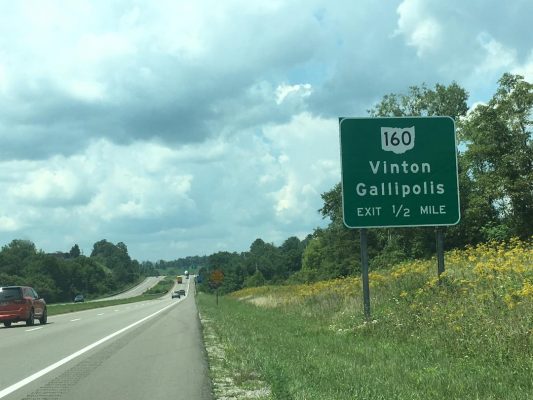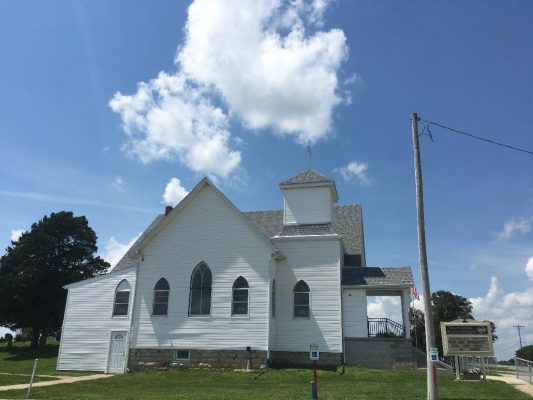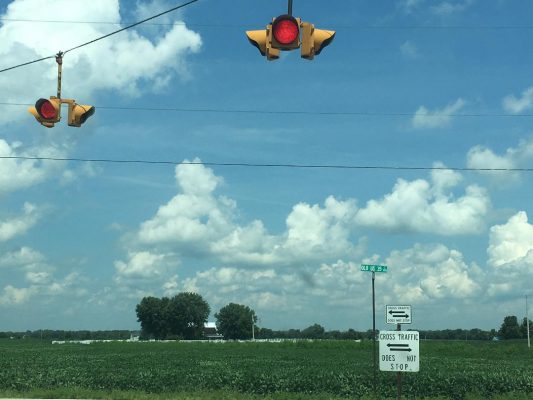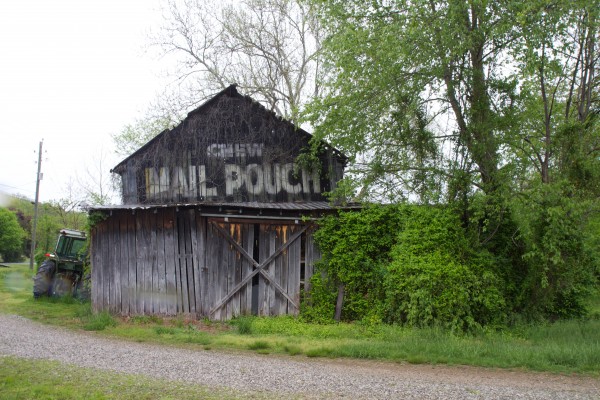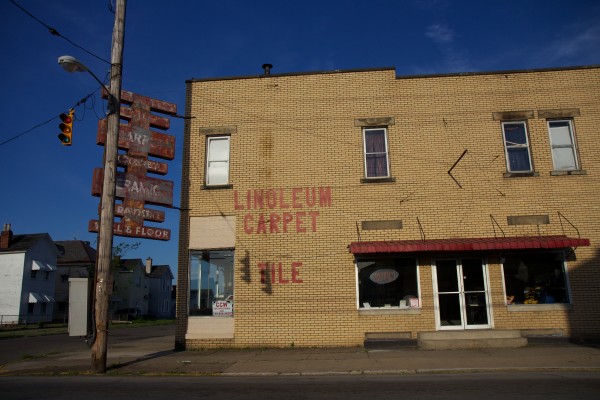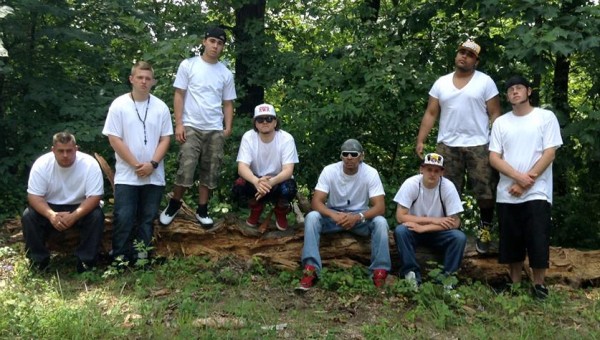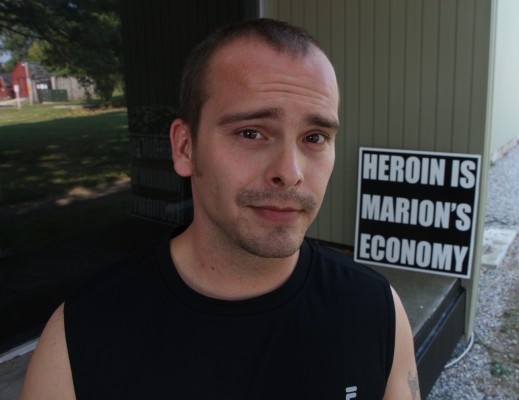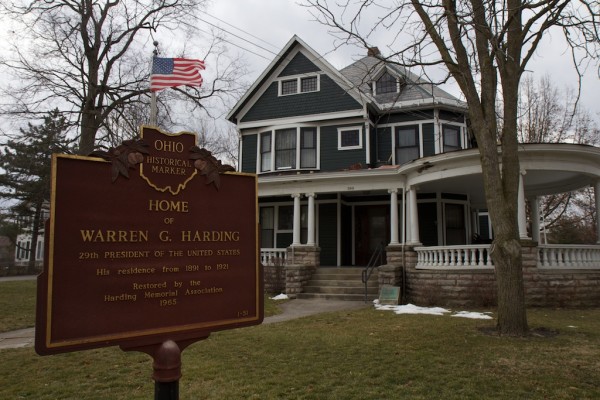The response to the video by RWR, the Portsmouth, Ohio rap group, has been extraordinary.
So I sifted through the comments for some excerpts that tell the story of a small American town that is beaten down and rising up.
________
“…I’m 60 yes old….have lived here since I was 9. I cry when I see what had become of the town I grew up in. I remember a downtown that was filled with stores and restaurants. Christmas shopping was magical. Shoulder to shoulder, bells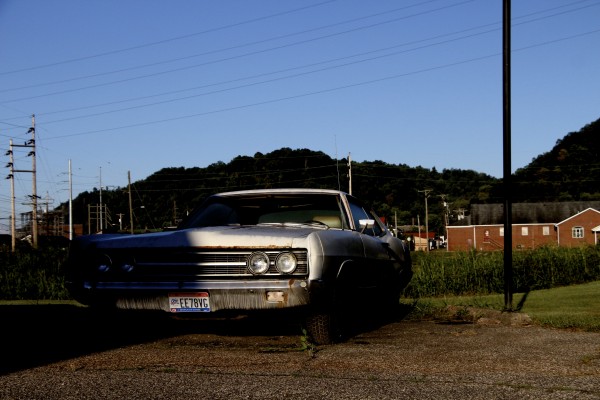 ringing… You could find anything you wanted! There were no Kmarts, Walmarts or malls. …”
ringing… You could find anything you wanted! There were no Kmarts, Walmarts or malls. …”
__
“…We never locked doors and never had to worry. Now we live behind closed locked doors with alarms on them. The working class is worried about keeping what they have while the others steal to get what we work for. Kids being raised by grandparents because of the drugs here….”
___
“Drugs have been prominent as early as Dr.Lily and Dr.Proctor. With a steady and fast decline ever sense then. With businesses shutting down. No work around the area….”
___
“…Watched the girl next door go from straight A’s to prison in just two years from the first O/C. watched my son’s friend go from valedictorian to living in his own filth, without any utilities. … At one point the estimate was that of every 10 adults in Scioto county, 7 were addicted to oxycontin. think about this. you go to the store, the clerk is high. you take your dog to a vet, you see the pinprick pupils. you stop at the post office, you see the obvious proof of addiction, it is … as if someone crop dusted the county. with opiate.”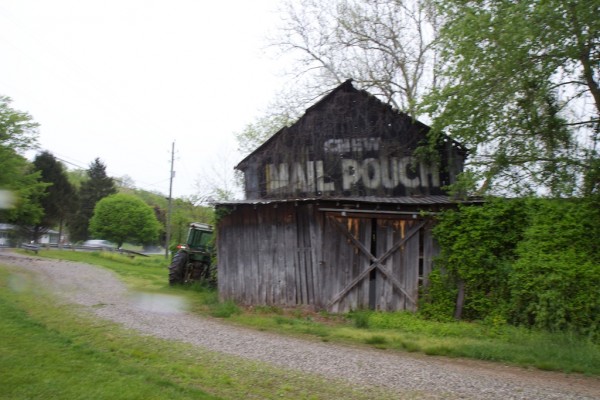
___
“… knew our town was on trouble when people young and old were lined up down Chillicothe (the main street in Portsmouth) to see the pain pill doctor. Or maybe it was when I bought pills from friends Grandmother. Or how about when I saw a former high school cheerleader walking the stro….’
___
“…I got pregnant I was unable to stop so my son was taken from me n I went to treatment immediately after five weeks of treatment my father was shot and killed robbing theCarry out…”
___
“…You can’t leave the house alone without fear of coming up missing to never be heard from again….”
___
“…You got to survive the 740 is what the hell I know….”
___
“…My daughter is an addict in early recovery. She was in the top 10 of her graduating class, and on the dean’s list at SSU…until the dope got to her. She went from pain pills, to heroin, to meth. … She got busted and sent to jail. … Maybe I never paid enough attention, maybe I was just to busy trying to work to survive. Maybe I just didn’t want to believe that things were so bad in our town….”
___
“…I’ve only been free from prison since May 31st,2013 and I know I can’t go back to living in Portsmouth….”
___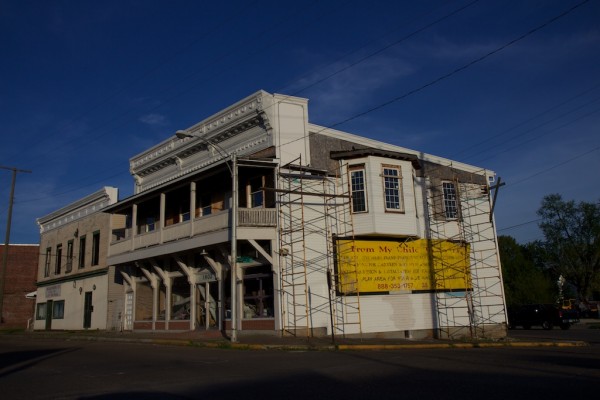
“…I noticed an out-of-towner at a coffee shop and asked what brought her to town. She was on a boat trip down (and back) the entire length of the Ohio River. In all her trip preparations, no one had ever mentioned Portsmouth. She had pot lucks and stops scheduled in towns all along the river, but stopped in Portsmouth by accident, to pick up supplies. She added a couple of days to her itinerary to look around. “What happened here?” she asked. “This was a real city once,” she said. “All the buildings are taller than a lot of places I’ve stopped. But it seems like a ghost town.”
___
“…7-4-0 reminds me of my hometown, Elkhart, Indiana (574). Elkhart was built on the pharmaceutical, band instrument, and musical instrument manufacturing industries. Because of the mobile home industry, it tags along with the fortunes of Detroit. Don’t know about heroin, but backpack meth and home meth labs (one blew up across the street from the high school) are everywhere….”
___
“…WTH do I know about the 740? I was born and raised here I watched it go from a quiet little town, where you didn’t have to be afraid to go out at night, or lock your doors, to a poverty sticken, low job rate, drug capitol. Portsmouth is starting to fight back finally …”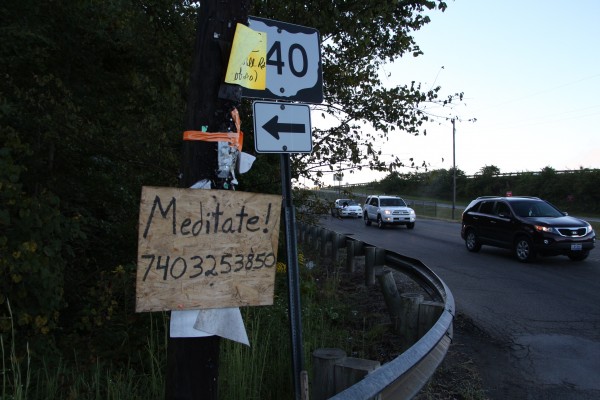
___
“…went to prison cause I couldn’t stay clean my mom did a lot by raising my oldest most of her life,sometimes it’s like a never ending battle,but we do have recovery in our town,an once again back in treatment…”
___
“…am a mother who use to addict to pain pills been to prison twice and finally went to treatment in the 740 which changed my life for ever.Now I have been working full time for 5 years going back to school to finish my degree and have overcome a lot trying to stay clean and sober it is possible in the 740…”
___
“…I’m currently involved with a group of people who are looking to start a worker cooperative in the city as a 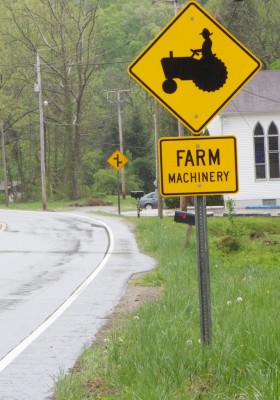 means of providing work and education for the unemployed. …”
means of providing work and education for the unemployed. …”
___
“…here are 2 options: be the change you want to see, or change your surroundings & the people you spend your time with!…”
___
“…I am finishing my Master’s in natural resources and environmental science so I can publish research on this post industrial town and its resulting drug addiction….”
___
“…we are recovering like crazy down here in little ole Portsmouth!!! I also know one of the men in the video, watched him grow into adulthood and become a GREAT man, a father, and a caretaker despite all of the hurdles that he faced, and he really did beat the odds…”
___
“…I personally have overcome my past, and will not let the downfalls of MY hometown get me down or pull me back! I did it and so can you Portsmouth!!!! All you need is a lil inspiration, and thats what these men are!!!…”
___
“…I really dont like rap i usually listen to country but i loved this song n so proud of them….”
___
“…What I know about the 740 is good people are doing something about it….”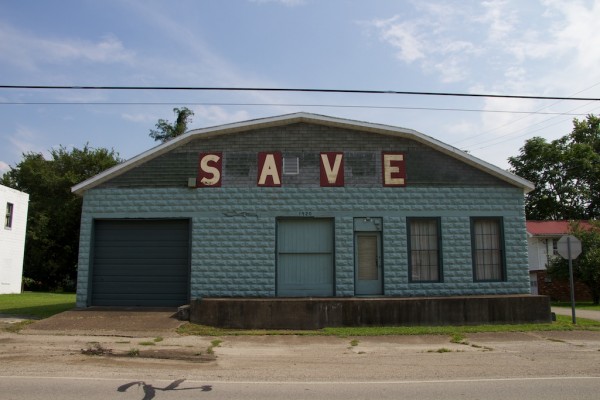
___
“…The people here need to save our “740″. No one is going to do it for us….”
___
“…I’m still here and I recently just got out of rehab….”
___
“…No longer does this have to be a “junkies town”, or “drug infested” … she is inching herself back to be the home I grew up in. A place where doors are left unlocked at night. A place where its okay to send your children to the store. … It doesn’t come easy. It will get better though. (progress not perfection) I’m an addict. My story and the stories of many of my fellow addicts are similar to the story of our city. We can/do Recover. Today I am proud, honored, and happy to say that I am living in the solution and not in the problem….with that I pass….”
–Θ–
So that’s Portsmouth’s story, folks. Share it if you like it.
Tell me yours. Leave it in Comments.
And follow me: On Twitter. On Facebook.
Here’s my website: www.samquinones.com
_____
More posts from True Tales: A Reporter’s Blog:
Here’s what I know about the 7-4-0
Where have you seen the 740?
I who am your Mother … The Virgin of Guadalupe
